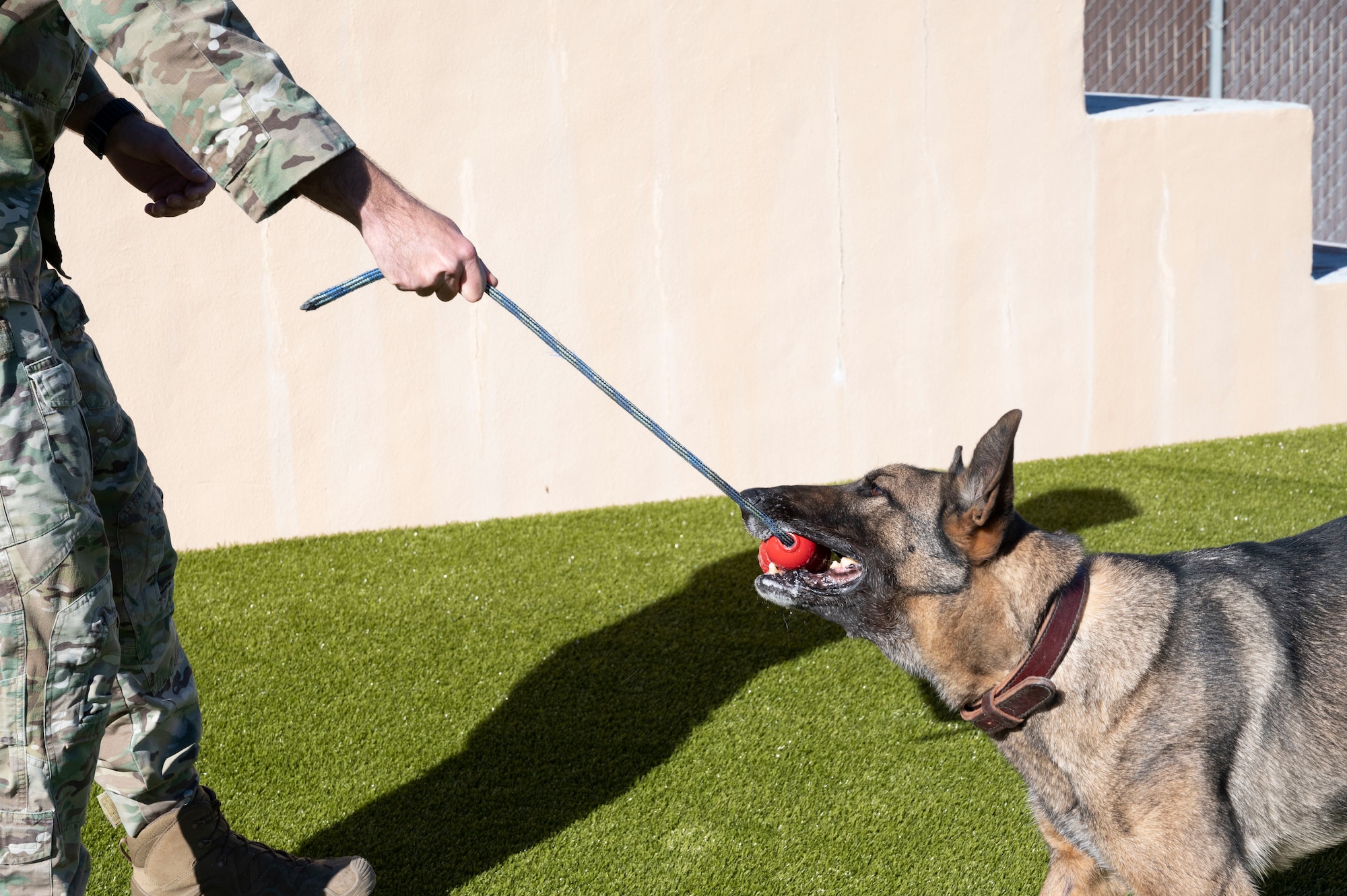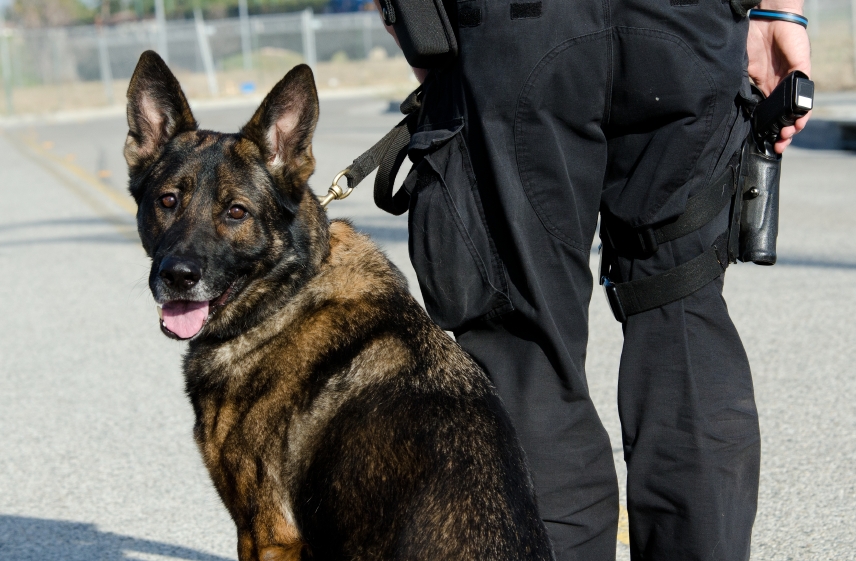Crucial Canine Training Strategies for a Lifetime of Excellent Behavior
Efficient dog training is foundational to fostering a well-behaved friend that enriches our lives. Understanding canine actions and utilizing socializing strategies can protect against potential problems before they emerge.
Comprehending Pooch Behavior

In addition, recognizing the inherent impulses and drives of a dog-- such as victim drive, social communications, and territorial behaviors-- enables fitness instructors to prepare for and take care of details actions. A pet with a solid victim drive might need different techniques than one that is much more socially inclined.
Additionally, early socializing and direct exposure to different atmospheres substantially affect a canine's behavior and personality. Favorable experiences during important developing periods can lead to well-adjusted grown-up pet dogs, whereas unfavorable experiences may cause anxiousness or hostility.
Positive Support Techniques
Among the numerous pet dog training techniques, favorable reinforcement techniques stick out for their effectiveness and capacity to strengthen the bond in between pet dog and trainer (Ohana K9 Academy). This approach stresses gratifying wanted habits instead of penalizing unwanted ones, fostering a much more cooperative and relying on relationship
Positive support can take many forms, consisting of treats, praise, playthings, or play. The trick is to provide instant incentives when the pet shows the wanted behavior, permitting them to make the connection in between the action and the positive result. For circumstances, if a pet rests on command, providing a treat right away enhances that habits, making it much more most likely to be repeated.
Uniformity is vital in favorable reinforcement training. Trainers should use the exact same hints and benefits to prevent puzzling the pet dog. In addition, differing the benefits can preserve the canine's interest and motivation, transitioning from frequent treats to occasional appreciation or play as the pet masters the habits.

Basic Command Training
Building on the foundation developed with positive support techniques, basic command training works as an essential action in establishing a well-mannered pet. This training normally includes essential commands such as "rest," "stay," "come," and "down - Ohana K9 Academy." Each command plays a vital duty in promoting reliable communication in between the pet dog and its owner, improving the general bond
To launch basic command training, select a quiet setting devoid of interruptions. Begin with brief, concentrated sessions lasting no greater than 5 to 10 mins to preserve your canine's attention. Make use of high-value deals with as incentives, making sure the pet dog associates proper actions with favorable outcomes. When showing a command, make use of a clear, consistent spoken cue come with by hand signals to reinforce understanding.
Patience is vital; dogs may need many reps to grasp commands fully. Slowly boost the intricacy by presenting variations or diversions as soon as your important source pet accurately reacts. Regular practice reinforces learned commands, solidifying them in your pet dog's actions arsenal. Inevitably, standard command training not just cultivates obedience yet additionally enhances safety and helps with pleasurable interactions during walks and play, laying the foundation for even more innovative training strategies in the future.
Socialization Techniques
In the world of pet dog training, socialization techniques are essential for growing a well-adjusted and positive canine buddy. Efficient socialization entails subjecting your canine to a variety of settings, people, and other pets in a regulated and positive fashion. The key objective is to aid your canine develop a convenience level with diverse experiences, which can dramatically lower check this worry and anxiety in strange scenarios.
Begin socialization during the vital developing home window of 3 to 14 weeks, when young puppies are most receptive to brand-new experiences. Introduce your dog to various settings, such as parks, metropolitan areas, and homes with various other animals. Make certain these experiences declare by utilizing deals with and praise to enhance etiquette.
Group training classes are an outstanding means to expose your pet to other pet dogs and people in a structured setting. This permits supervised interactions, aiding your dog discover appropriate social hints. Normal outings and playdates with courteous dogs can additionally boost social skills.
Attending To Behavioral Issues
Dealing with behavior concerns in canines is a crucial element of training that calls for a systematic method and understanding of canine habits. Usual issues such as barking, chewing, aggressiveness, and anxiety can stem from different aspects, consisting of absence of socialization, insufficient exercise, or perhaps clinical problems.

Furthermore, developing an organized regimen that includes regular workout and mental stimulation can dramatically minimize behavior problems. For instance, interactive playthings can keep a dog site here involved and decrease destructive propensities. In situations of severe aggressiveness or stress and anxiety, speaking with a professional pet dog trainer or a vet behaviorist may be needed.
Conclusion
To conclude, effective pet training techniques, including favorable reinforcement, basic command training, and socializing, are essential for promoting excellent habits throughout a pet's life. Dealing with behavior issues with an organized method not only improves obedience yet also enhances the bond in between canines and their proprietors. By implementing these methods consistently, pet dogs can create into well-adjusted buddies, qualified of browsing various atmospheres and communications with self-confidence and simplicity. Hence, developing a foundation for a harmonious connection is crucial.